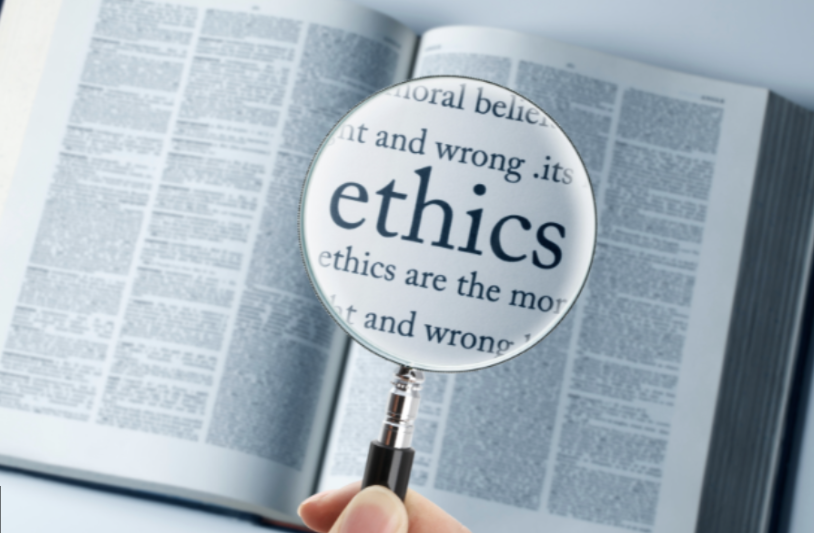Posted on October 27, 2025
Jobs & Industries
Tags:

In today’s world of work, skills and talent alone are no longer enough to guarantee success. Professional ethics the sense of responsibility, honesty, and moral integrity toward others and society has become the foundation of trust and long-term sustainability for every profession.

Professional ethics refers to a set of moral principles and behavioral standards that guide professionals to act with honesty, fairness, and respect for others’ rights.
It emphasizes the common good over personal gain and helps maintain the credibility and integrity of a profession in the eyes of society.
Why Is Professional Ethics Important?
Ethics is the root of trust. Without it, even the most skilled individual or reputable organization can lose credibility. A lack of ethical conduct can damage relationships, harm reputations, and lead to long-term consequences — no matter how capable a person may be.
Doctors and Nurses : Must protect patient confidentiality, respect human life, and work with compassion and care.
Teachers and Educators : Serve as moral role models, must remain impartial, and use their knowledge to truly develop their students.
Lawyers and Judges : Must uphold justice, avoid bribery, and never distort the truth.
Accountants and Auditors : Must remain honest and transparent, never falsify or manipulate financial information.
Journalists and Media Professionals : Must report facts accurately and fairly, without bias or distortion.

When ethics are ignored, trust erodes. This can result in serious consequences from lawsuits and reputational damage to license revocation.
Ultimately, it undermines both individual careers and the credibility of entire organizations.
Stay committed to honesty and integrity; never use your position for personal gain.
Respect others and take responsibility for the outcomes of your work.
Regularly review and reflect on your professional code of ethics.
Report unethical behavior to relevant professional bodies such as the Medical Council, Teachers’ Council, or Bar Association for transparent investigation.
Professional ethics is not just a rulebook it’s a mindset of true professionalism. It gives value to every task, fosters trust, and ensures sustainable growth in any career.
If you’re looking to develop yourself and advance your career, start by strengthening your ethical foundation and enhancing your skills with Jobcadu, where you’ll find valuable insights, resources, and career opportunities to help you grow with integrity.